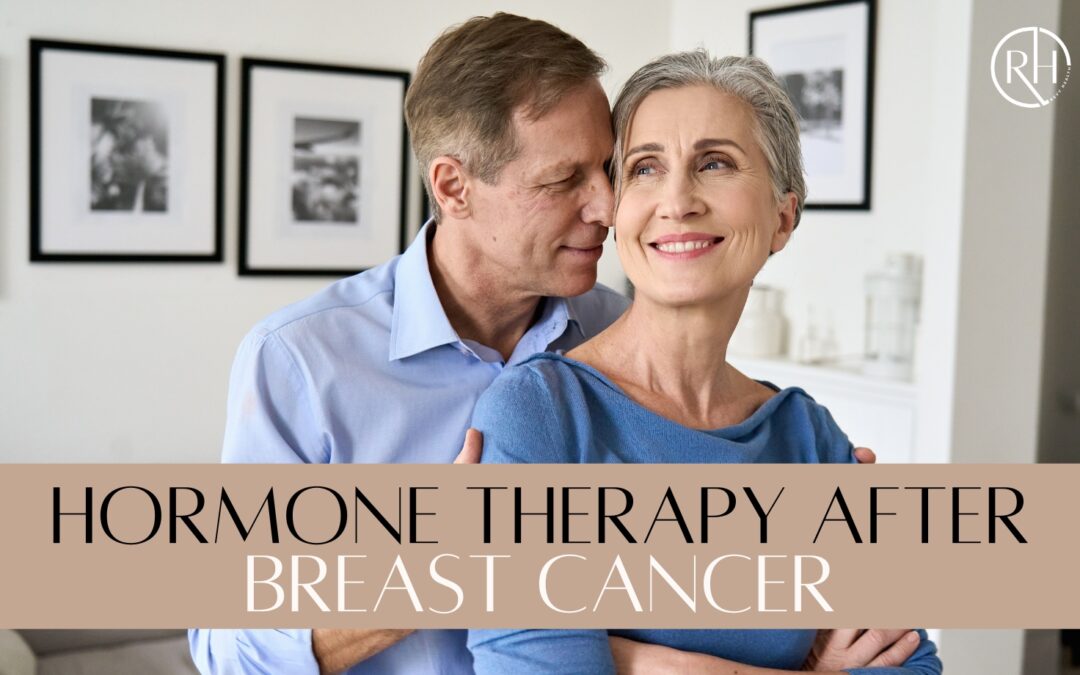Hormonal health is crucial for the healthy functioning of your body. Hormones are produced by glands, and all your hormonal glands make up your body’s endocrine system. The endocrine system governs your body’s functions, including growth, metabolism, immunity, sexual development, weight, sleep, fertility, mood, and other functions. While most people may not be able to define the endocrine system and what it does, they often are familiar with some commonly known hormones such as adrenaline, testosterone, and estrogen. Your endocrine system determines the release of these hormones to regulate your body’s functions and responses. Consequently, when your hormonal system is out of balance, it can affect how you feel in many ways.
However, hormones can also affect you in other ways. When it comes to breast cancer, most people are aware that treatment can involve surgery, radiation, chemotherapy, immunotherapy, or a combination of these treatments. However, another therapy that is often recommended is hormone therapy. Here’s why.
Hormone-Sensitive Breast Cancers
Breast cancer, like all cancers, is when certain types of cells begin to reproduce uncontrollably, leading to the development of tumors. And while tumors can often be removed, the problem with cancer is that it can come back or metastasize – that is, spread to other parts of the body.
Not all breast cancers are the same, but about 70% of all breast cancers are hormone-sensitive. In other words, these cancerous cells are receptive to estrogen and progesterone, which, unfortunately, help the cancers progress. As a result, treatment both during and after breast cancer therapies for estrogen-receptive (ER) positive or progesterone-receptive (PR) positive breast cancers will include hormone therapy. The medications used in this therapy can work in either of two ways. The first is to suppress the body’s production of these hormones. This method is used only for women who have undergone menopause or have had their ovaries removed. The second blocks hormones from attaching to the receptors in the cancerous cells.
When implemented during treatment, hormone therapy aims to reduce the size of any tumors before undergoing surgery and to decrease the likelihood of cancer developing in other breast tissue. Post-treatment, the goals of hormone therapy are to slow or prevent the growth of cancer that has spread and to prevent cancer from recurring. For women with hormone-receptive breast cancer, hormone therapy may last several years. In clinical trials, hormone therapy has been shown to reduce the likelihood of recurring breast cancer by about half.
Effects of Hormone Therapy for Breast Cancer
For women with ER-positive or PR-positive breast cancer, it is not an easy choice to proceed with hormone therapy. Although it can lead to better outcomes regarding breast cancer, it comes with its own health risks. In addition to causing postmenopausal symptoms like hot flashes and night sweats, hormone suppression can cause fatigue, nausea, joint and muscle pain, and other problems. In some cases, hormone therapy may increase the likelihood of developing blood clots, uterine cancer, osteoporosis, heart disease, or other ailments. For men with breast cancer, hormone therapy can cause impotence.
All of your body’s hormones play a vital role. At REVV Health, we help clients achieve optimal hormonal balance so they can feel their best – alert, positive, clear-minded, and virile. For clients with hormone-sensitive breast cancer, however, hormonal therapy will be different.
If you are a breast cancer patient or survivor, contact REVV Health today to learn more about how we can help you feel your best while still addressing your cancer concerns.


